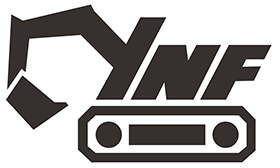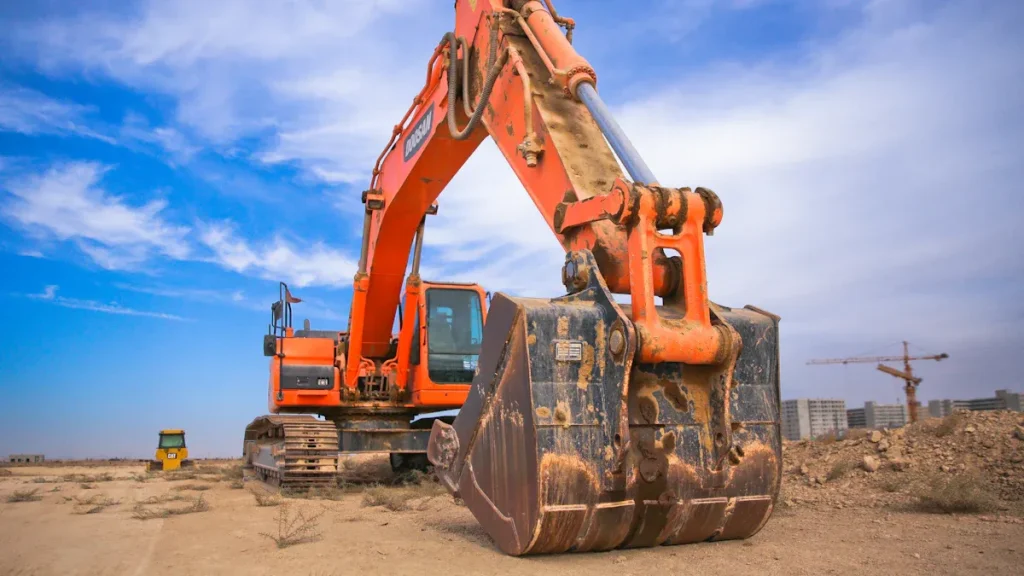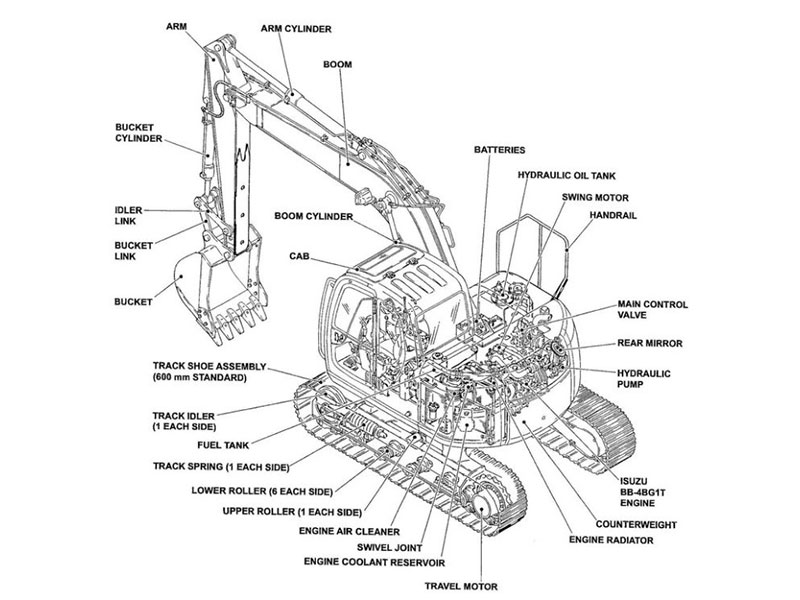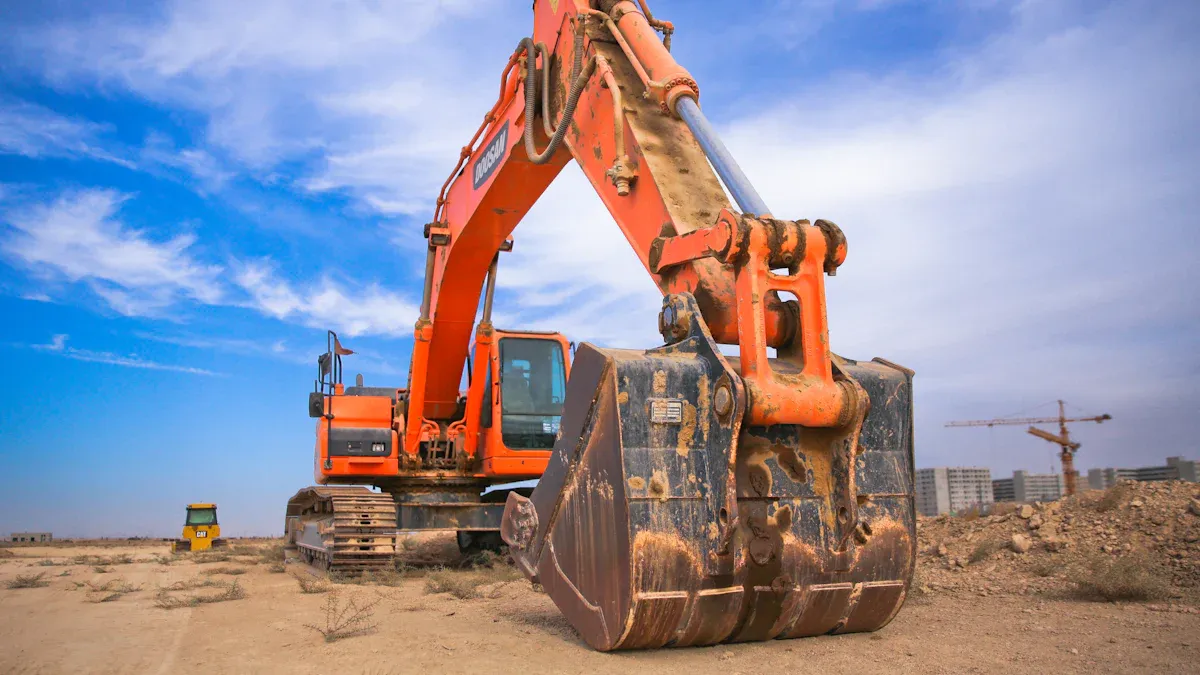
When you pick an excavator parts supplier, look at their reputation, product quality, certifications, compatibility, customer support, and delivery reliability. A good supplier reputation means people trust them and they have done well before. Good quality parts lower breakdowns by 25%. They can also make the engine last thousands more hours. If you use a trusted supplier, you can save up to $32,000 in five years on one machine. This happens because you spend less on repairs and lose less time.
Pick a supplier who follows strict quality rules. This helps your equipment work better and be more efficient.
Key Takeaways
Pick a supplier that many people trust. They should have lots of experience. This helps you get good parts you can count on.
Check that the parts are made for real equipment. Make sure they have proof like certificates and warranties.
Choose suppliers who have many parts for your machine. This helps you avoid waiting and spending more money.
Find suppliers who give good warranties. They should also have fast and friendly customer service. This keeps your machine working well.
Pick suppliers who show prices clearly. They should deliver parts quickly. This helps you save money and finish your work on time.
Reputation and Experience
Industry Track Record
When picking an excavator parts supplier, check their history. A good history means people have trusted them for years. You can see this by finding out how long they have worked in the business. Suppliers with more years often do better with quality and service.
Tip: If a supplier follows ISO 9001 or ISO 14001, they care about quality and the environment.
Some signs show a supplier has a good history:
Contractors and equipment owners trust the supplier.
They sell many strong and high-quality products.
Their parts work with lots of excavator models.
They help customers well, even after you buy.
They give warranties, so they believe in their parts.
They use careful checks to keep quality high.
They make parts in ways that are good for the planet.
Always see if the supplier works with brands you know. This helps you stay away from fake or bad parts.
Customer Feedback
Customer feedback helps you learn about a supplier’s reputation. Look for reviews and stories from other buyers. Good reviews talk about how well the parts work and how fast the support is. Happy customers will tell you how the supplier helped them fix problems or save time.
Note: If many customers are happy, you will likely get good service too.
You can also ask for examples or stories from the supplier. This lets you see how they solve real problems. Always pick a supplier who has made many customers happy.
Product Quality and Authenticity
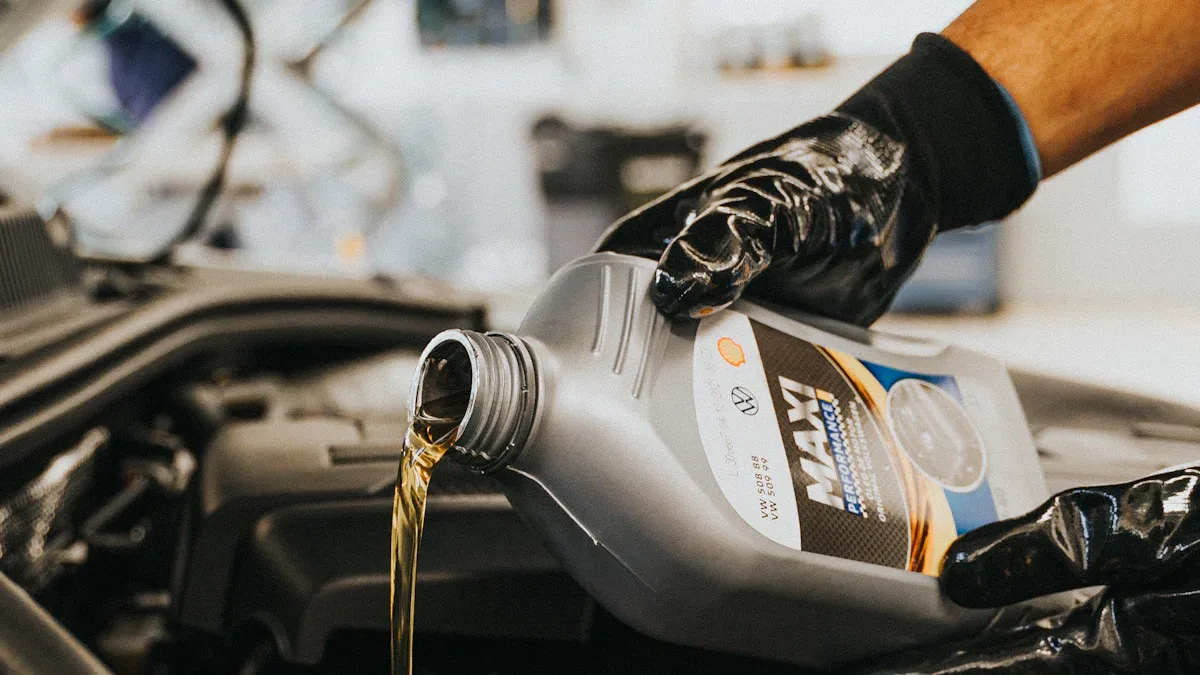
Meeting OEM Standards
You need to make sure each part meets OEM standards. This helps you avoid fake or bad parts that can hurt your machine. A trusted supplier will show proof that their parts match the real equipment. You can look for these signs:
Good packaging should have clear labels and the right logos.
Check the part number and see if it matches your manual.
Ask the supplier for warranty info and certifications like ISO or CE.
Be careful if the price is very low. It might mean the part is fake.
Read reviews to see if other people trust the supplier.
Look at the parts for cracks, rough spots, or damage.
Use tools to check if the part works right.
A good supplier will help you find these things and answer your questions about if the part is real.
Material and Manufacturing Quality
The material quality of excavator parts affects how long your machine lasts. Good parts use strong metals and new ways to make them. You should know what materials and methods the supplier uses. The table below shows what you should look for:
Factor/Condition | Recommended Materials/Processes | Durability Impact/Notes |
|---|---|---|
High-wear resistance | Manganese steel, alloy steel | Best for undercarriage parts |
Heat treatment | Uniform heat treatment | Improves toughness and fatigue strength |
Anti-corrosion | Special coatings or treatments | Protects in harsh environments |
Heavy load/high impact | Extra-heavy undercarriage configurations | Focus on impact toughness and fatigue strength |
Customization | Custom parts for non-standard models | Fits special project needs |
Modern suppliers use new ways like 3D printing and Finite Element Analysis. These make parts stronger and last longer. You will have less downtime and spend less on repairs.
Certifications and Testing
Certifications show that a supplier cares about quality. Look for ISO, CE, or OEM certificates. These prove the parts follow strict rules. A good supplier tests every part before sending it to you. They use sensors and data to find problems early. You should always ask for test reports and certificates. This helps you trust the supplier and the parts you buy.
Tip: Only buy from suppliers who give clear proof of quality and testing. This keeps your equipment safe and working longer.
Range and Compatibility

Wide Product Selection
A good supplier has many excavator parts to pick from. You need choices for many brands, models, and serial numbers. This helps you find the right part fast. It also keeps your machines working. Top suppliers have parts for new and old machines. They cover many brands. Here is a table that shows what parts you can get by brand and model:
Brand | Number of Models | Model Types / Features |
|---|---|---|
Link-Belt | Multiple series | Forestry, Material Handling, Heavy-Duty, Long Reach, Standard |
SANY | 13 | Small, Medium, Large, Reduced tailswing, Touchscreen, Hydraulic flow switching |
Kobelco | 6 crawler models | Standard, Long Reach, High & Wide, Demolition, Custom hydraulics |
Komatsu | 36 | Mid-sized, Large, Surface Mining, Telematics |
Volvo | 27 | Large, Medium, Wheeled, Hybrid, Custom undercarriages |
XCMG | 7 | Standard, Intelligent Control, GPS, Power modes |
CASE | 19 | Full-sized, Short radius, Heavy-duty, Specialty, Older D series |
When a supplier has lots of parts, you can get hydraulic parts, electrical parts, actuators, and sensors all in one place. This makes your work easier and faster. You do not have to wait as long for parts. You can finish jobs on time. Companies with many part choices can plan better and use their tools well.
Tip: Pick a supplier with lots of parts in stock so you do not have to wait for special orders.
Machine Compatibility
You need to make sure each part fits your machine. Sometimes aftermarket parts do not fit right. This can slow down repairs and make your machine work worse. A good supplier uses your machine’s serial number to find the right part. Many suppliers have systems that match serial numbers to parts. You can also check part numbers in your manual or look at diagrams to be sure.
If your machine is old or rare, ask the supplier’s support team for help. They can check if the part will fit. This helps you avoid mistakes and keeps your machine working. It also stops you from losing time and money.
Warranty and Support
Warranty Coverage
When picking a supplier, always look at the warranty. Good suppliers give warranties for six months to one year. Sometimes, they cover a set number of hours. These warranties pay for repairs, new parts, and labor. They do not pay for things like oil changes or filter checks. Some suppliers might pay to move your machine to a shop, but not all do.
You must follow the maker’s service rules to keep your warranty. Do not change your machine without asking. If you use real parts and trusted service, the warranty helps you avoid big repair bills. Many suppliers let you give the warranty to a new owner if you sell your machine. This makes your machine worth more and helps you worry less.
A good warranty means the supplier trusts their parts and service. It helps you avoid lost time and saves you money.
Warranty coverage helps you trust the supplier. When you know your machine is safe, you feel better. This trust makes you want to buy from them again.
Technical Assistance
You need more than a warranty. Good technical help is very important. Top suppliers give fast help by phone or video. This quick help lets you fix problems fast and keeps your machine working.
Customers like these kinds of help:
Help with putting in parts and easy guides
Clear manuals and videos that show what to do
Expert tips about which parts fit your machine
Quick answers to hard questions
Help even after you buy the part
If you get good help, you make fewer mistakes when putting in parts. This stops damage and helps your machine last longer. Good help also means you do not wait long for answers. You can get back to work fast and finish your jobs on time.
Tip: Always choose a supplier who gives both a strong warranty and great technical help. This makes sure you get good parts and service every time.
Pricing and Delivery
Transparent Pricing
You want to know exactly what you pay for when you buy excavator parts. Clear pricing helps you trust your supplier. When a supplier shows you all costs upfront, you avoid surprises and hidden fees. This openness builds strong relationships and keeps you coming back.
Reputable suppliers use different pricing strategies to balance cost and quality. Here are some common methods:
Market-based pricing uses real-time data to set fair prices.
Cost-plus pricing covers all costs and adds a set margin.
Value-based pricing focuses on what the part is worth to you.
Penetration pricing offers lower prices to attract new customers.
Dynamic pricing changes based on part condition and demand.
Tip: Always compare prices, but do not sacrifice quality for a lower cost. Cheap parts can lead to more repairs and higher expenses later.
A supplier with a clear pricing structure helps you plan your budget. You know what you pay for, and you can make better decisions for your business.
Reliable Delivery
Fast and reliable delivery keeps your projects on track. Delays in getting excavator parts can stop your work and cost you money. Leading suppliers understand this and take steps to make sure you get your parts quickly.
Suppliers keep a wide range of parts in stock to reduce wait times.
They use strong logistics networks to ship orders within 3-7 days.
You get tracking information so you always know where your order is.
Customer support teams help you solve any delivery issues fast.
If a supplier delivers on time, you avoid costly downtime and finish jobs as planned. Quick delivery also means you can repair your equipment faster and keep your machines running at peak quality.
Note: Reliable delivery and clear pricing show that a supplier values your time and business.
When picking an excavator parts supplier, look at their reputation and product quality. Make sure the parts fit your machine. Good support and fast delivery are important too. Use these things as a checklist before you choose.
A trusted supplier helps your machines work better and last longer.
Good after-sales help and spare parts mean less downtime.
Strong hydraulic systems save fuel and help you get more done.
Companies that pick good suppliers save money over time. Good parts break less and need fewer fixes. This means you spend less on repairs and your projects go faster. Choosing well keeps your equipment working and your business growing.
FAQ
How do you verify if excavator parts are genuine?
Look for OEM labels and serial numbers on the parts. Check if the supplier has certifications. Ask your supplier to show proof that the parts are real. Read what other customers say about the supplier. You can also ask for papers or test results. Real parts help your machine last longer and work better.
What should you do if a part does not fit your machine?
Call your supplier’s support team right away. Tell them your machine’s model and serial number. Ask if the part is right for your machine. Good suppliers will help you and send a new part if needed.
Why is warranty important when buying excavator parts?
A warranty keeps you safe from broken or bad parts. It means the supplier trusts their products. You spend less money fixing things and avoid surprise costs. Always read the warranty rules before you buy.
How can you avoid long delivery times for parts?
Pick suppliers who have lots of parts in stock. Choose ones who ship parts quickly. Ask how long delivery takes before you order. Track your order online. Good suppliers tell you where your parts are and help you avoid delays.
What certifications should you look for in a supplier?
Find suppliers with ISO, CE, or OEM certifications. These show the supplier follows industry rules. Certified suppliers give you safer and better parts. This helps you lower risks and keep your equipment working well.
